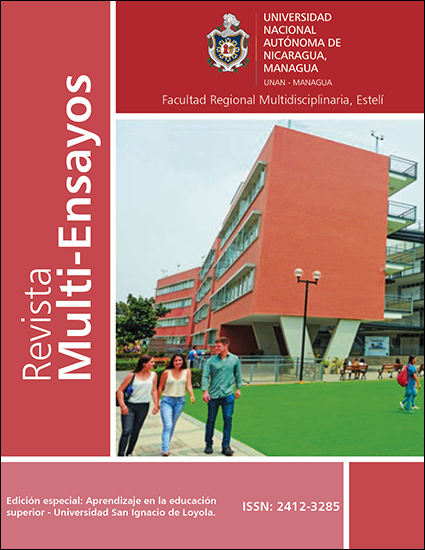Procrastination and stress in academic engagement in college students
DOI:
https://doi.org/10.5377/multiensayos.v0i0.9336Keywords:
procrastination, academic stress, academic engagement, university studentsAbstract
The research entitled procrastination and academic stress in academic engagement in university students, had as a general objective to determine the incidence of procasting and stress in the academic engagement of these students. The research was substantive and descriptive. The research design was non-experimental, cross-sectional or transectional. The study was correlational-causal. The method used was the hypothetical deductive. The population composed of a total of 340 university students. The sample made up of 181 university students from the faculty of education of cycles III, V and VII, the type of sampling used was the probabilistic by strata. To collect the data, the instruments of the variables were used. For the academic procrastination variable, the Solomon & Rothblum (1984) PASS (Procrastination Assessment Scale - Students) questionnaire was used; For the academic stress variable, it was formulated with SISCO de Barraza (2007) and for the academic engagement variable, UWES-Student from Salanova, Bresó and Schaufeli (2005) was used. Data processing was performed with the SPSS software (version 22) and Excel 2010. In the investigation, according to statistical evidence, there is a significant incidence of procrastination and academic stress in the vigorous dimension of academic engagement with 54.8%. Likewise, it was found that academic procrastination and stress affect academic engagement in university students; due to the deviation p <0.05 and the model is explained in 70.4%.

